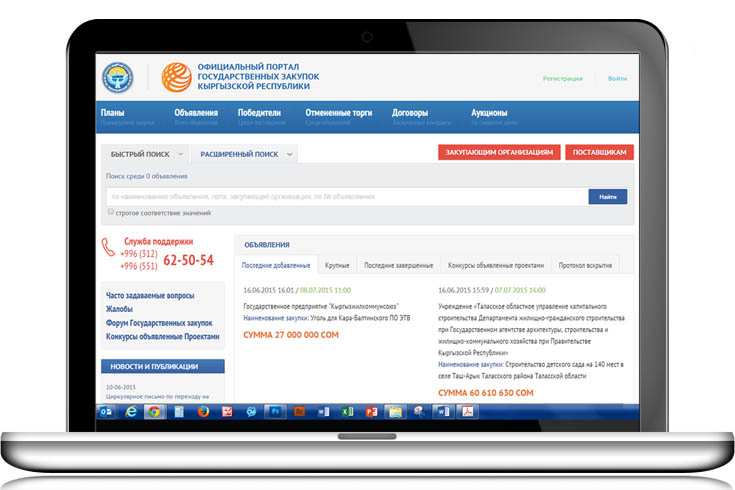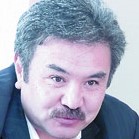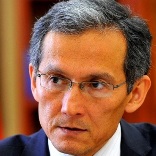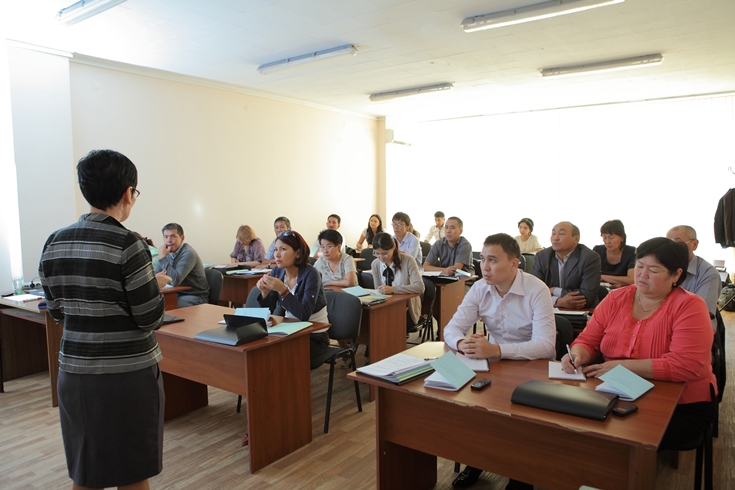Efficiency gains
According to Ulan Danikeyev, more than 2,000 businesses have registered since May 2015 in the e-procurement system as suppliers of goods and services, and around 700 state and municipal organizations have switched to e-procurement. One such organization is Ayil Bank, a large state-run bank that buys all of its goods and services – from new ATMs to stationery – in compliance with the Public Procurement Law.
“The e-procurement system allows for more transparency as bidders now can submit their bids electronically and see the processes of bid evaluation and award online,” says Kubanychbek Kasymov, Head of the Procurement Department at Ayil Bank. “Another advantage of the new system is that we now have more time to do more tenders. In the past, we would spend two to three days to prepare and get approvals for the paper-based tender documentation; now it takes only 3 to 4 hours.”
Public servants and entrepreneurs alike acknowledge the improvement in the transparency and convenience of the new public procurement processes. Last year, Nikolay Giatsintov’s company won a US$ 65,000 contract to supply industrial lubricants to state-owned company Electric Power Plants, which runs hydro power plants throughout the country. “We offered our price electronically; there were no prior contacts or agreements with anyone,” says Nikolay. “We supplied our goods at the prices we thought were fair. On a set day, all bids were opened and it became clear that we won the tender.”
As a result of another open and transparent tender for the supply of road maintenance equipment and vehicles, the Ministry of Transport and Communication was able to save around US$ 2 million, which it then used to purchase and set up two additional asphalt bitumen plants. Almazbek Duishebaev, the head of the Ministry’s Department for Economic Planning in Public Roads System, confirms: “With the new public procurement system introduced, we were able to generate some quite big savings. For example, we had US$ 9.5 million allocated for the purchase of bulldozers and excavators, bought these for US$ 7.1 million, and thus saved US$ 2.4 million, which we used to buy additional equipment. The efficiency gains are obvious.”
Training for better procurement outcomes
The successful implementation of the public procurement reforms depends, among other things, on whether state and municipal workers know how to apply the new rules on procurement of goods and services. In 2013-2014, the Ministry of Finance’s Training Center, with support from the World Bank, delivered training workshops to 2,500 representatives of hospitals, road maintenance enterprises, city administrations, city departments of education and other organizations that are financed from state and local budgets.
The workshops were held in all regions of the country: participants studied the practical applications of the Law and learned how to make transactions through the e-procurement system. The government’s target is to introduce e-procurement in 700 organizations nationwide by the end of 2015.



